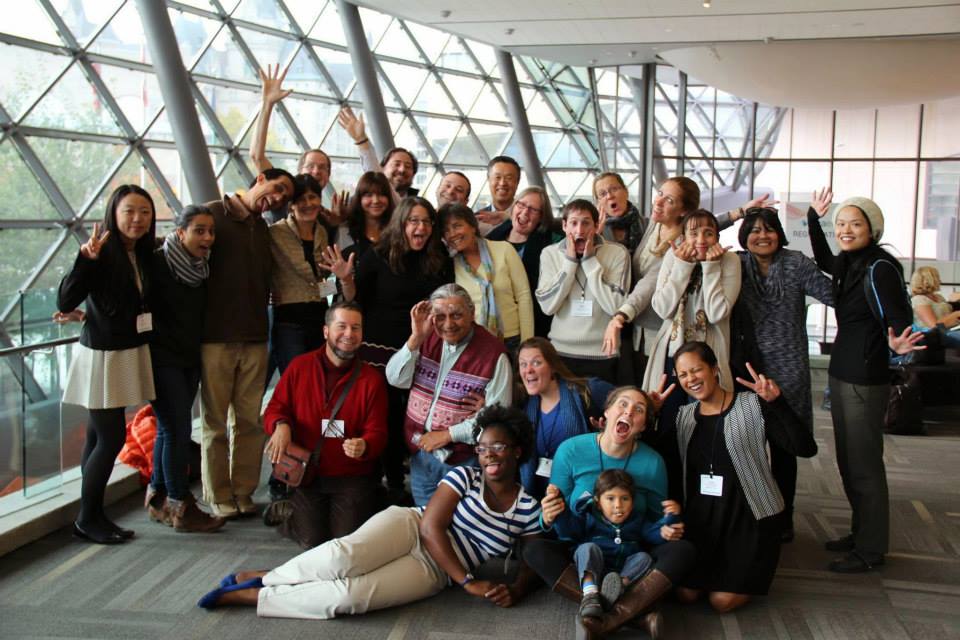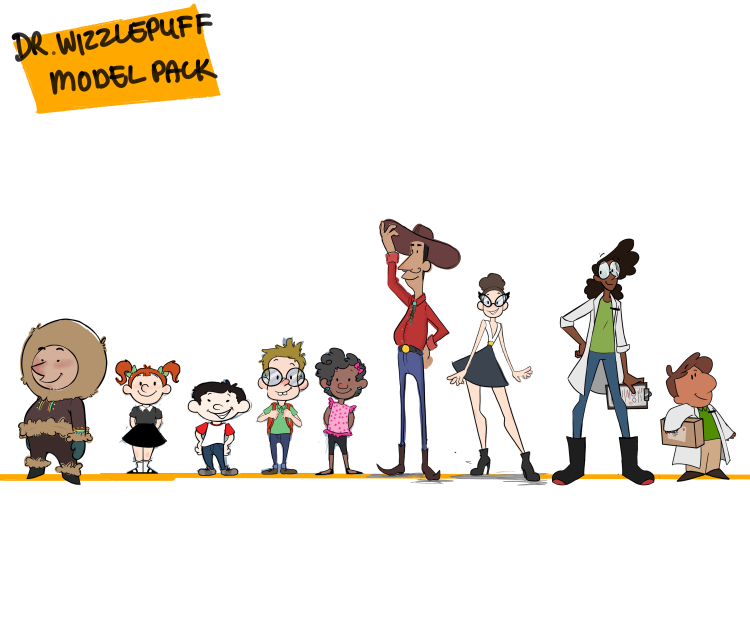Animating the Conversation on Climate Change at The Marine Mammal Center
Publication Date
Image

Story/Content
The idea behind the Climate Change Education Initiative at The Marine Mammal Center is to bring climate change into the conversation. We utilize the sick and injured marine mammal patients at the hospital as a vehicle to communicate the science of climate change, the effects it is having on animals, ecosystems and people, and what people can do in their own lives and communities to help curb carbon pollution. So often with climate change, the effects communicated today are very abstract and foreign to the everyday member of the public. By highlighting marine mammals suffering direct consequences of changes in their ocean environment (and California's “backyard”), we can bring climate change to the forefront of the conversation and connect the community to the ocean ecosystem. With the ultimate goal of releasing our patients back to the wild, we are able to inspire our guests to take action to help give marine mammals and ourselves a healthy environment to live in.
I have been fortunate over the last 5 years to be heavily involved in many climate change focused projects, and have gained the skills, experience, and confidence to engage people around such a complex topic. Beginning as part of a study circle with the National Network of Ocean and Climate Change Interpretation (NNOCCI), and then being chosen as a Community Climate Change Fellow by the North American Association of Environmental Education (NAAEE), has provided me with a network to learn from and collaborate with. I am thrilled to continue to utilize those networks and contribute as a regional leader for the Central California NNOCCI alumni and a member of the Steering Committee for the Bay Area Climate Literacy Impact Collaborative (Bay-CLIC) as I build our climate change programs at The Marine Mammal Center.
Through a system of training classes focusing on climate change, we introduce hundreds of adult and youth education volunteers and staff at the Center to the science of climate change; providing them with tools for interpreting the science to audiences of all ages, and techniques to guide guests to identify solution-based actions to reduce their carbon footprint and become better environmental stewards. The “train the trainers” program allows us to capitalize on the great experiences that some of our education staff have had the opportunity to be a part of, and share it with hundreds of passionate volunteers that not only engage our visitors, but our community leaders of their own. We have utilized the knowledge gained from the NNOCCI system where they provided staff and volunteers at zoos and aquariums around the country with climate change science direct from the climate scientists and scientifically-tested communication strategies from social psychologists to guide visitors toward strategies to reduce their fossil fuel use. Bringing together experts from different fields of science, communication, and social psychology allows us to build messages that are powerful and relatable, leading to stewardship in our communities.
Through the project, in addition to the conversations had at the Center, we wanted to have a digital presence and create tools that can be used by the community. One of the most exciting elements of the initiative is the development of a climate change animated short, in collaboration with the California College of the Arts and Bret Parker of Pixar Animation Studios. Utilizing animation, under the direction of Bret Parker, highlights the science of climate change and effects on marine mammals in a way that can be engaging for both kids and adults. The video will be launched in May 2016, along with web content on various aspects of climate change, to help us reach new audiences online and communicate our work at the Center for our guests. Be sure to check out our website in May 2016 to see some of the great work that has come out of the first year of our Climate Change Education Initiative at www.MarineMammalCenter.org.

© California College of the Arts

